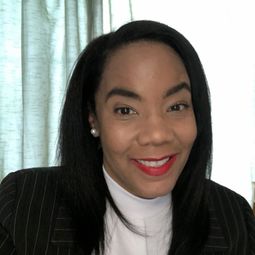About
The FJN was developed to create and maintain an inviting and supportive virtual and physical space for racialized and minoritized faculty that is responsive to their unique social, cultural, academic and professional development needs and interests.
There are a number of ways to join the FJN.
- FJN Faculty Members are racially-minoritized faculty who participate in monthly meetings and social gatherings, collaborate with organizations on campus and in the local community, as well as host, sponsor, promote and support programs and events aligned with FJN goals.
-
FJN Staff Members are racially-minoritized staff who participate in
monthly meetings and social gatherings, collaborate with organizations on campus
and in the local community, as well as host, sponsor, promote and support programs
and events aligned with FJN goals.
-
FJN Graduate Affiliates are racially-minoritized graduate students who
wish to be affiliated with the FJN as a resource network that may provide social,
cultural, as well as academic support.
-
FJN Advocates are non-racially-minoritized faculty and administrators
who openly support initiatives that promote the well-being and success of their
racially-minoritized peers and students. They may attend and support FJN initiatives
and events, offer and identify resources to enrich membership needs, and curate
a greater sense of community on and off-campus.
- FJN Community Members may include a person, campus organization, local business, community organization/partner who is openly supportive of FJN goals and objectives and works with the FJN to promote community and holistic well-being among all marginalized persons on and beyond the WVU campus.












